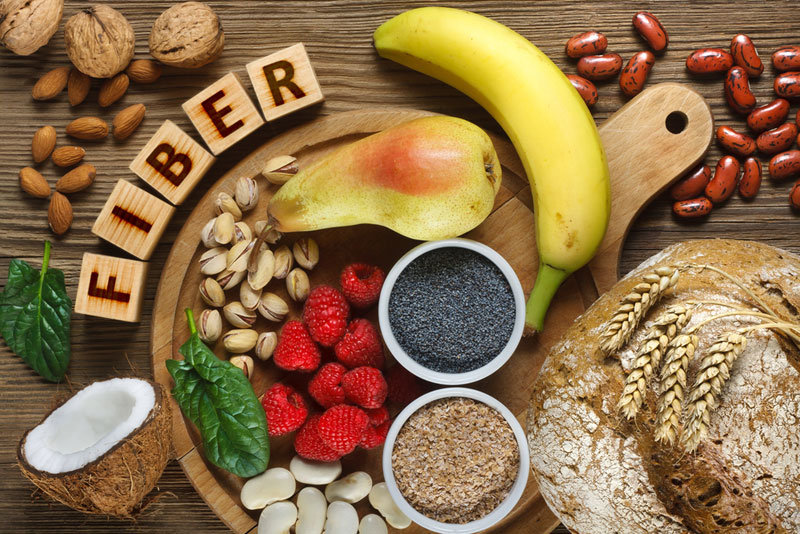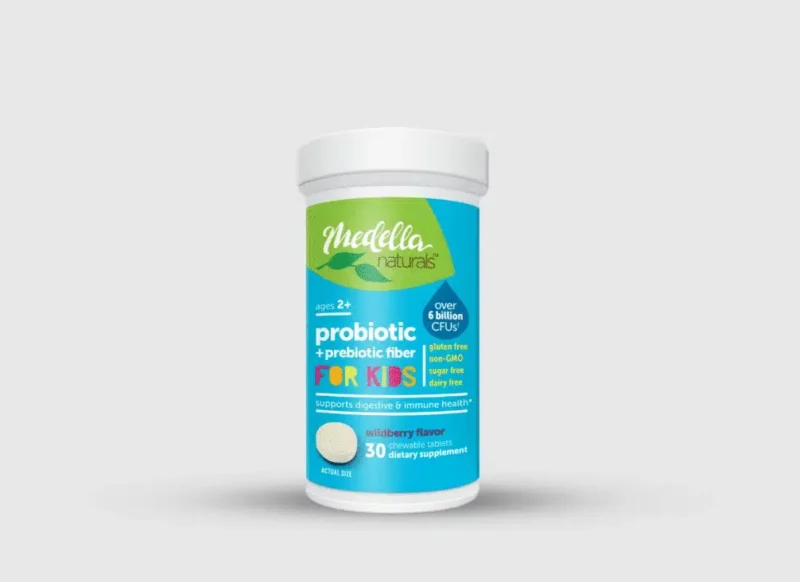As parents, we want to provide our children with health and well-being. However, one aspect that often gets overlooked is their gut health. Gut health is essential to a child’s overall health, and a well-balanced and robust gut microbiome can significantly impact a child’s immunity, digestion, and mood.
Therefore, it’s essential to understand how we can help maintain and boost our children’s gut health. This article will explore simple yet effective ways to do so.
Understanding The Gut Microbiome
The gut microbiome is the trillions of microorganisms that live in the digestive tract, including bacteria, viruses, and fungi. These tiny organisms break down food, absorb nutrients, and support the immune system. Having a diverse and balanced microbiome is crucial for maintaining optimal health.
Essential Tips For Maintaining Optimal Gut Health In Children
Gut health is a critical aspect of overall well-being, especially for children. A healthy gut not only aids digestive health but also supports immunity and nutrient absorption. Nurturing your child’s gut health from an early age can set the foundation for a lifetime of well-being. Here are 10 practical tips to help you maintain a healthy gut in kids.
1. Breastfeeding The Best Start

Breastfeeding is the gold standard for promoting excellent gut health in infants. Since a newborn’s gut is sterile, breast milk provides essential antibodies and beneficial bacteria to kickstart a healthy microbiome. Aim to exclusively breastfeed for the first six months and continue breastfeeding for as long as possible.
2. Embrace Fiber-Rich Foods

Diet plays a vital role in gut health. Ensure your child’s diet includes foods that boost gut health, e.g., soluble and insoluble fiber. Fibre adds bulk to food, aiding proper digestion and promoting regular bowel movements. Quinoa, oats, lentils, and beans are excellent sources of fiber for children.
3. Limit Fatty Foods

When your child consumes excessive amounts of fat, it can negatively impact the balance of beneficial gut bacteria in their body. It is important to encourage your child to avoid consuming junk food, caffeinated beverages, and sugary treats, as they are high in unhealthy fats. Instead, it is recommended to incorporate healthy fats, e.g., omega-3 fatty acids, in foods like salmon and nuts and high-fiber foods like fruits, vegetables, and whole grains. This approach supports optimal digestion and promotes overall good health.
4. Opt for Lean Meats

Incorporating lean proteins in your kid’s diet can positively impact your overall health. These proteins are easy to digest and help in efficient nutrient absorption, promoting overall gut health. If you are looking for meat that is gentle on young digestive systems, chicken is an excellent choice as it is a lean meat that provides essential nutrients without causing any discomfort.
5. Harness the Power of Probiotics

Probiotics are microorganisms, mainly bacteria, that provide several health benefits to the gut. Probiotics help balance the good and bad bacteria in the digestive system, promoting better digestion, boosting immunity, and reducing the risk of certain diseases. Probiotics are naturally found in foods like yogurt, kefir, kimchi, and sauerkraut.
Such foods can be great sources of probiotics when consumed regularly. However, if you don’t have access to these foods or don’t like their taste, you may consider taking a kid’s chewable probiotic and prebiotic supplement. It is a probiotic supplement that contains live and active bacteria specifically designed to restore the natural balance of gut bacteria.
6. Choose Small, Frequent Meals

When planning meals for children, it’s important to consider their unique needs. Opting for a meal plan with small and frequent servings can be highly beneficial. Not only do smaller meals help prevent children from feeling overwhelmed, but they also provide sustained energy throughout the day. Additionally, when children consume smaller portions, their digestive system remains active and refreshed, which can lead to improved digestion and overall health.
7. Prioritize Hydration

It’s important to remember that a high-fiber and protein diet may only be as effective with proper Hydration. To ensure your child’s overall health, it’s recommended to encourage them to consume enough fluids throughout the day. Water is the best option, but you can also experiment with fruit-infused water, fresh fruit juices, coconut water, and fruits like melons and cucumbers with hydrating properties. This will help your child stay hydrated and maintain optimal health.
8. Promote Regular Physical Activity

Incorporating regular exercise into your child’s daily routine can prove to be highly beneficial not only for your overall health but also for maintaining a healthy gut. Physical activity stimulates the intestines, helping move waste through the body efficiently and reducing the risk of gastrointestinal issues. Moreover, certain yoga poses that involve twisting and stretching can help alleviate stomach discomfort, bloating, and gas. So, prioritize physical activity and incorporate yoga into your routine for a healthy and happy gut.
9. Avoid Unnecessary Antibiotics

It is important to refrain from immediately turning to antibiotics for every minor digestive issue. Overusing antibiotics can harm the gut microbiome’s long-term health, leading to unwanted health consequences. It is important to understand that not all cases of diarrhea require antibiotics, and it is best to seek healthcare guidance to determine the most appropriate course of action.
10. Encourage Outdoor Exploration

Providing children with diverse germs can help boost their innate immunity and foster a healthy gut. Encouraging outdoor activities, allowing them to interact with nature, and even letting them come into contact with pets can help achieve this. Though maintaining good hygiene and outdoor protection practices is essential, it’s important to avoid over-sanitizing, as a balanced exposure to germs can fortify a strong natural defense that cannot be substituted by medication.
Conclusion
Incorporating these ten tips into your child’s daily routine can help to establish and maintain a healthy gut from a young age, setting the stage for a lifetime of well-being and vitality. Prioritizing gut health in childhood is an investment in your child’s overall health and happiness.

